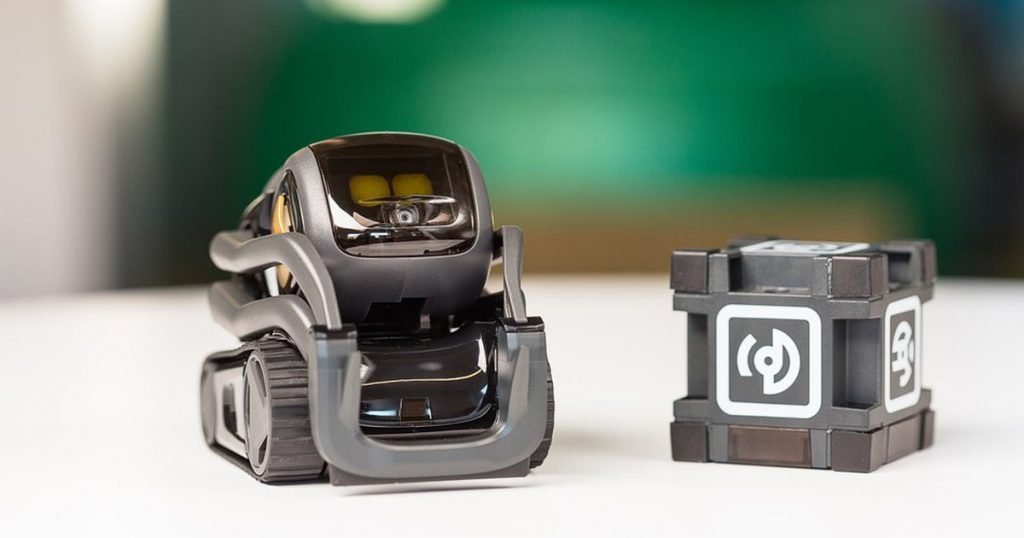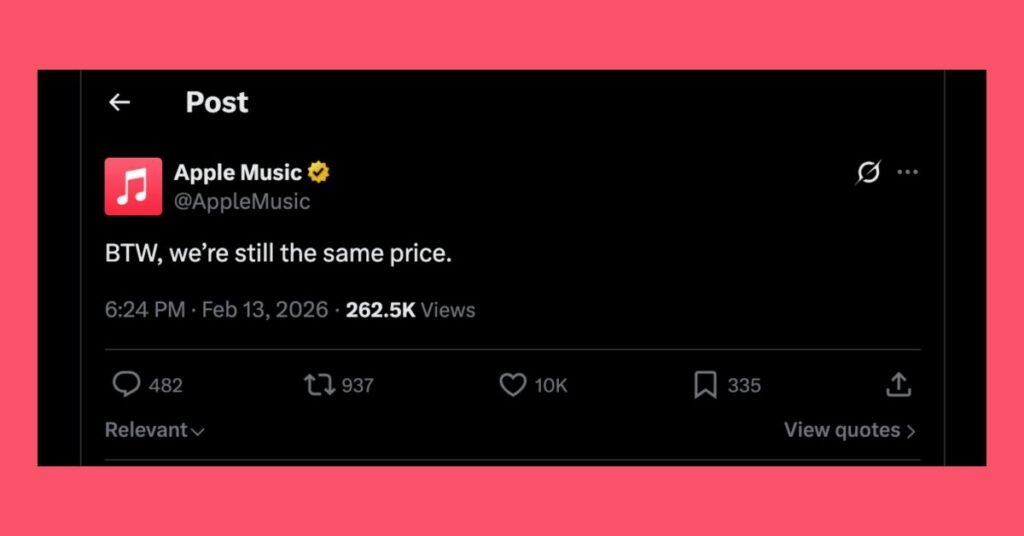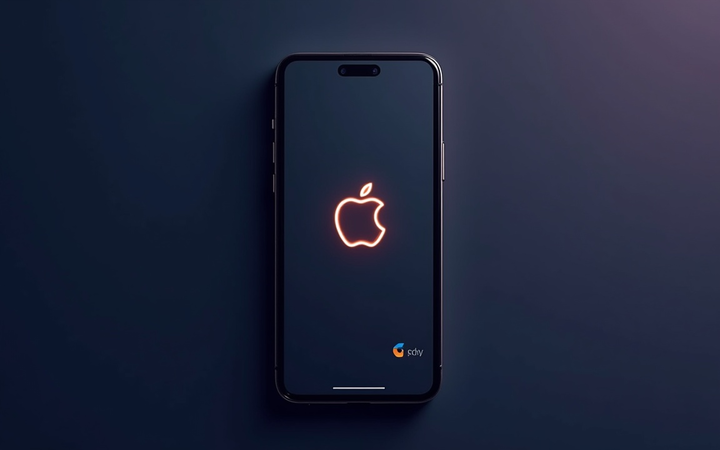While a flashy AI event raged in Dubai, a once promising robotics startup shuttered

The commercial chasm between Artificial Intelligence and physical robots is growing deeper every day — and the technology industry has chosen a winner.
In a massive convention center in Dubai, attendees of the AI Everything summit checked out booths from the likes of Google and Huawei, played with robots shooting hoops, and lined up for a Microsoft AI to determine the ice cream flavor they should have based on their mood. Based on social media from the summit, the message was clear: AI in all its forms is the future, the future is dope, and the future is here!
View this post on Instagram#Robots amaze and intrigue visitors at the AI Everything show in #Dubai . 📷: @vbesaphoto13 / The National . #UAE #UnitedArabEmirates #Artificialintelligence #aieverything #AIEverything2019 #MyDubai #TheNationalUAE
Meanwhile, thousands of miles away in Silicon Valley, the leaders of a celebrated and by all accounts innovative robotics company — once hyped by Apple — announced to employees that it was shutting its doors for good. On April 29, Recode reported that Anki was laying off its employees and shutting down for good. Despite having raised $200 million in the past, getting a debut on the Apple WWDC stage, and generating positive reviews for its playful robots, it was unable to secure the funding it needed to succeed long term.
“Despite our past successes, we pursued every financial avenue to fund our future product development and expand on our platforms,” a company spokesperson told Recode. “A significant financial deal at a late stage fell through with a strategic investor and we were not able to reach an agreement. We’re doing our best to take care of every single employee and their families, and our management team continues to explore all options available.”
Roboticists from Carnegie Mellon University founded Anki, with ambitions to marry useful AI with personality-driven devices. Anki had success with its line of race car toys, and it upped the ante with its cute, smart, robotic companion toy, Cozmo. But it faltered with the 2018 debut of its Vector, which scored big on personality, but couldn’t compete with the skillsets of devices like Amazon’s Echo, powered by Alexa. As one Mashable reviewer put it at the time, “Vector’s purpose is a little unclear… [its] personality stands out more than any of the functions it can perform.”
Anki is not alone in its struggle to marry social robots with utility. The similarly cute Jibo robot announced to bewildered owners that it would cease to function in March.
These tales of un-materialized robotic commercial ambition, set against the background of the Middle Eastern AI bonanza, tell a bigger story about what’s going on with AI.
It’s cl
Be the first to write a comment.












Postmedia is committed to maintaining a lively but civil forum for discussion. Please keep comments relevant and respectful. Comments may take